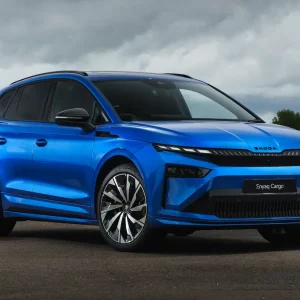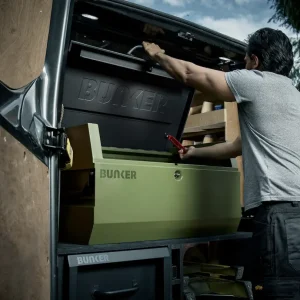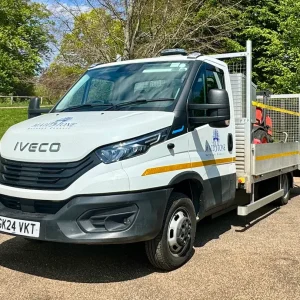The PSA Group is to buy General Motors’ brands Vauxhall and its European counterpart, Opel in a deal valued at 2.2bn Euros (£1.9bn)
The agreement follows weeks of speculation within the motoring industry.
PSA said the deal – which is expected to be completed by the end of the year – will make it the second-largest automotive group in Europe with a 17% market share, behind the Volkswagen Group.
According to PSA, the deal includes Vauxhall/Opel’s assembly and manufacturing plants, while Vauxhall vehicles “will continue to benefit from intellectual property licences from GM until its vehicles progressively convert to PSA platforms”.
GM and PSA Group have been working together on various technical collaborations, including three projects in Europe since 2012, which, according to a statement released by PSA last month, has generated “substantial synergies for the two groups”.
In April 2015 Peugeot-Citroen and GM revealed they are to team up to build the next generation of their light vans at the PSA plant in Vigo, Spain.
The vehicles, which are set to come to market in 2018, will replace the current Citroen Berlingo, Peugeot Partner and Opel/Vauxhall Combo models and will be developed on the French brands’ latest LCV architecture, according to the manufacturers.
Opel/Vauxhall’s current Combo, which it launched in the UK in 2012, is the result of a collaboration with Fiat Professional
“We are proud to join forces with Vauxhall/Opel and are deeply committed to continuing to develop this great company and accelerating its turnaround,” said Carlos Tavares, chairman of the managing board of PSA. “We respect all that Opel/Vauxhall’s talented people have achieved.”
GM Europe has not turned a profit since 1999, and the deal marks an exit from Europe for GM, which will allow it to focus on its home market of America and its expanding operations in China.
Mary Barra, GM chairman and chief executive officer, said: “We are very pleased that together, GM, our valued colleagues at Vauxhall/Opel and PSA, have created a new opportunity to enhance the long-term performance of our respective companies by building on the success of our prior alliance.”
Production of the Vivaro van is expected to remain in Luton until 2025 for the current model run, after which it is likely to be reviewed on a performance basis.





